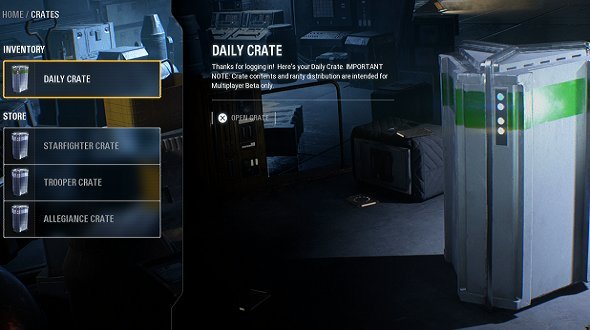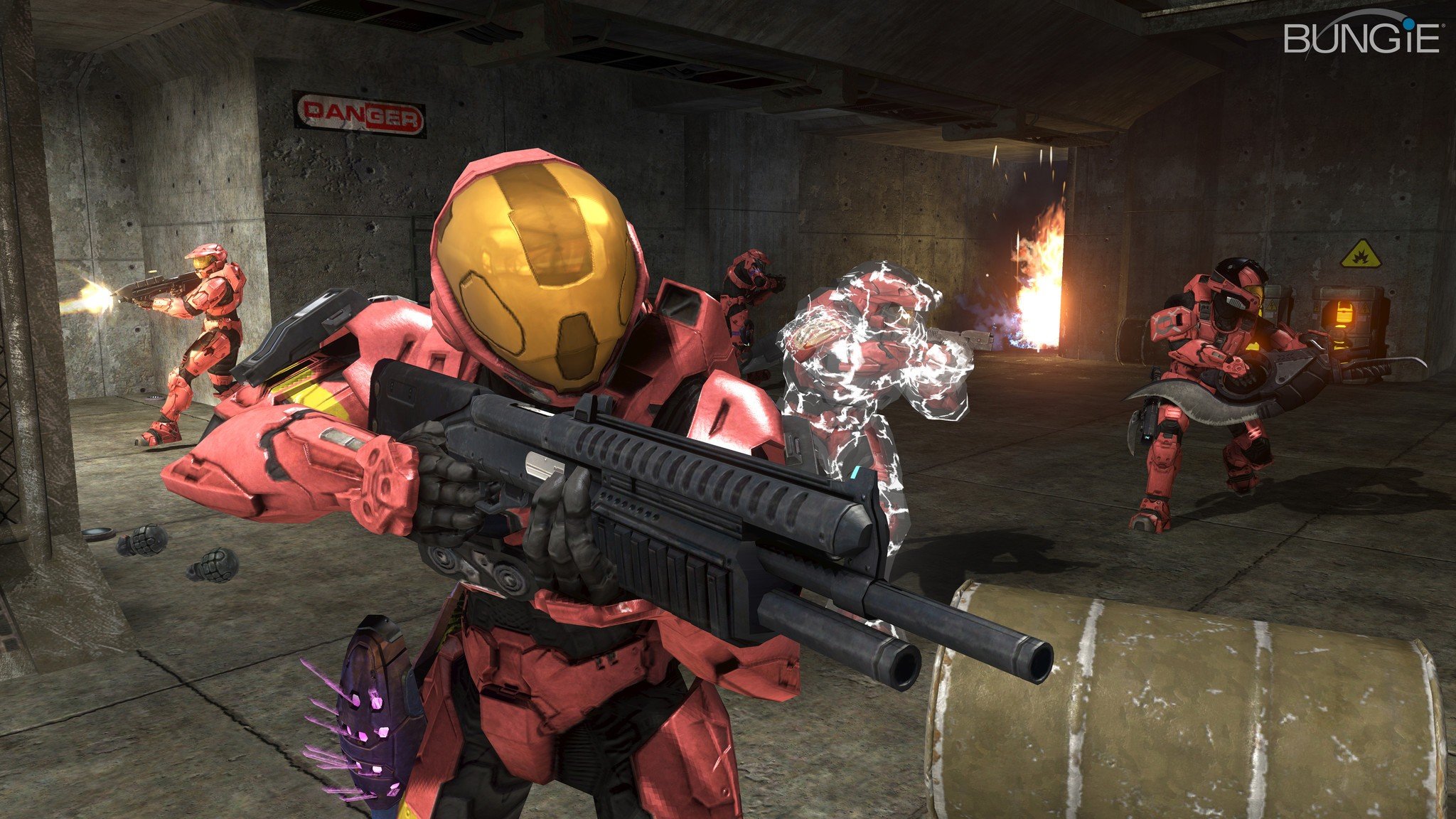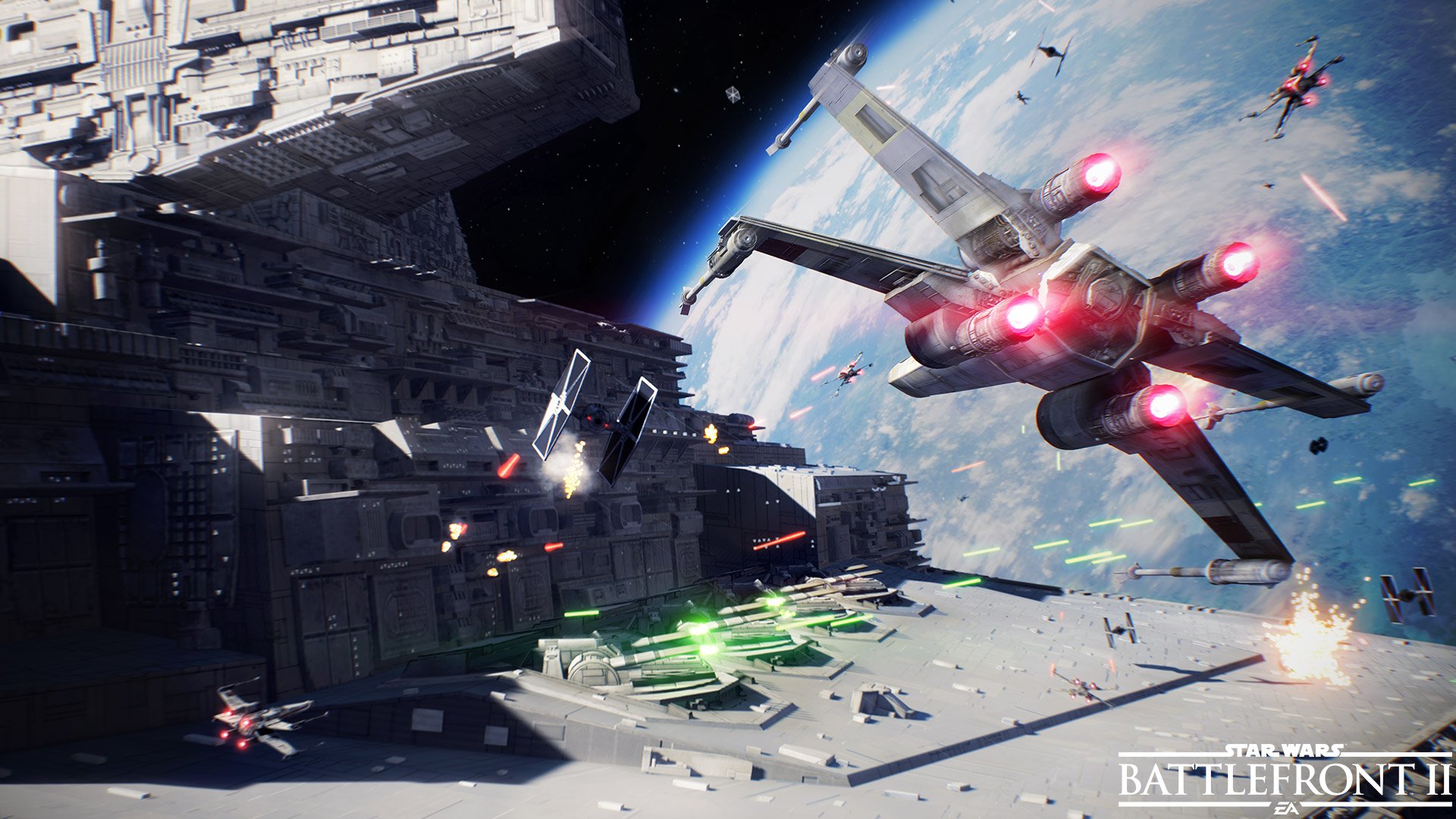Video games benefit from fewer microtransactions — here's why
Recently, microtransactions have replaced many standard unlock systems in games. Here's why traditional progression systems are better and should stay.

All the latest news, reviews, and guides for Windows and Xbox diehards.
You are now subscribed
Your newsletter sign-up was successful
Microtransactions aren't exactly a new concept in the gaming industry — they've been around for over 10 years. Despite that, though, loot box-oriented systems have become increasingly aggressive in recent years, with games like Halo 5: Guardians, For Honor, and the upcoming Star Wars Battlefront II being prime examples.
As microtransactions have become more impactful in games, more traditional progression systems that allow you to unlock items via challenges or achievements have become rare. What the companies behind the decisions to operate with these aggressive loot boxes need to realize is that unlike a microtransaction system, standard progression systems bring about four major benefits: better gameplay, more incentive to play, a strong tool for community building, and a better public image for the game.
Gameplay: Pay-to-win? Not anymore.

When microtransactions are implemented in gameplay, two major problems occur. One is a pay-to-win environment. Players who pour copious amounts of money into purchasing loot boxes will have a major advantage over players who choose to play through the game normally. One of the worst examples of this right now is Halo 5's Warzone mode, in which players can buy REQ packs and unlock all the high-level items much faster than normal players.
The commonly suggested solution to this is to modify the matchmaker so players are only matched with players with a similar inventory level. However, this is where the second issue lies. Matchmaking systems already have to ensure that players are placed with those who are in similar skill tiers. By adding another filter for item progression, it becomes nearly impossible for the system to fairly match players. This is why in games like this, you'll often be matched against a wide variety of players instead of ones at the same level as you.

Battlefield 1 is an example of a game that does gameplay progression correctly.
By making unlocks tied to reaching a milestone or completing a task, however, neither of these problems exists. Since there's no way to cheat your way to better items by feeding the game money, the progression system is solely influenced by a player's skill and level. For example, Battlefield 1's unlocks are earned only through performance in-game. In this type of system, it is impossible to pay to win.
This also makes matchmaking systems much more efficient. Since players only have more powerful items by being highly skilled or experienced, all the matchmaker has to do is group players of similar skill levels against each other and they'll all have similar arsenals.
Incentive: Cosmetics become trophies of achievement

Though loot boxes that don't affect gameplay are somewhat less damaging to a game, they still harm the cosmetic side of progression systems. The chances of unlocking new armor, a helmet, or color scheme, are completely random in these systems. Thanks to random number generators, there's no real way to actually work towards unlocking something you want. Yes, technically you are doing that by grinding the game for more boxes, but that's entirely based on getting lucky.
All the latest news, reviews, and guides for Windows and Xbox diehards.
This issue creates a lack of incentive. Because you're forced to hope that you'll randomly find an item instead of being given the option or opportunity to aim to get something specific, the reward system can feel incredibly unsatisfying and pointless.

When games create an environment in which you can try and earn items specifically, though, it drives the incentive to play up. When unlocks are based on a system of challenges, achievements, and milestones, you feel good when you overcome the obstacle that keeps you from getting the cosmetics you want. Rewards aren't given for being lucky; rather, they're given in response to your accomplishments. You feel proud of it.
You could say a system like this alienates lower-skilled players, but I don't think it has to. Not every unlock has to be difficult. In fact, I think there should be a large number of basic rewards for playing averagely, and a small amount of high-quality rewards for playing well. This type of structure encourages players to play the game more and improve so that they can work towards more difficult rewards. And if lower skilled players can't reach higher levels of play, there's still a bunch of stuff for them at the bottom of the ladder. Everyone wins.
Community: Work together to reach your goals

Playing with other people to try and unlock things together is a strong way that communities can form.
There's only one thing better than playing a good game with good progression, and that's playing that game with other people. Forming a squad and going into a game with the intent to get an unlock from playing well together is even better than doing it solo because of the fact that it encourages you to meet new people and make new friends. Having a system that allows this type of communal achievement does wonders for a game.
This is where the luck-based structure of loot boxes fails again. With no way to specifically work towards anything, grouping up with other players is rather pointless. Having a full party of friends or strangers working together and playing better doesn't mean anything when the loot boxes earned very likely won't give anyone what they're hoping for.
Public image: A more appealing purchase

Finally, a traditional progression system is, in general, much more appealing to a mass audience than microtransactions. While some enjoy loot-box systems, the recent uproar on Reddit and other sites in response to Battlefront II's progression system makes it abundantly clear that microtransactions are usually frowned upon.
Read: Loot crates in Star Wars Battlefront II ruin what could be a great game
For all the reasons discussed above, a system without loot boxes is simply less risky and worrisome. Players don't have to worry about a pay-to-win metagame, poor reward structures, or a lack of in-game encouragement for forming communities. While a developer could argue that they'd lose money because there aren't loot boxes for players to buy, I believe that they'll more than make up that difference from the increased sales that come from the decision to not include microtransactions.
Conclusion

Systems that opt to not include loot boxes in their progression systems are more consumer-friendly than those that have them. Whether it's better gameplay balancing or matchmaking, more incentive to play the game and improve your skills, a stronger foundation for community building, or simply making the game more appealing for the masses, a traditional, meritocratic system for unlocks does nothing but improve games that utilize it.
The industry needs to shake off this microtransaction trend. Otherwise, games like Star Wars Battlefront II will continue to suffer for it.
Your thoughts
What's your opinion on more traditional unlock systems? Do you think they're a good alternative to microtransactions, or are loot boxes are the way to go? Let us know what you think.

Brendan Lowry is a Windows Central writer and Oakland University graduate with a burning passion for video games, of which he's been an avid fan since childhood. He's been writing for Team WC since the summer of 2017, and you'll find him doing news, editorials, reviews, and general coverage on everything gaming, Xbox, and Windows PC. His favorite game of all time is probably NieR: Automata, though Elden Ring, Fallout: New Vegas, and Team Fortress 2 are in the running, too. When he's not writing or gaming, there's a good chance he's either watching an interesting new movie or TV show or actually going outside for once. Follow him on X (Twitter).
